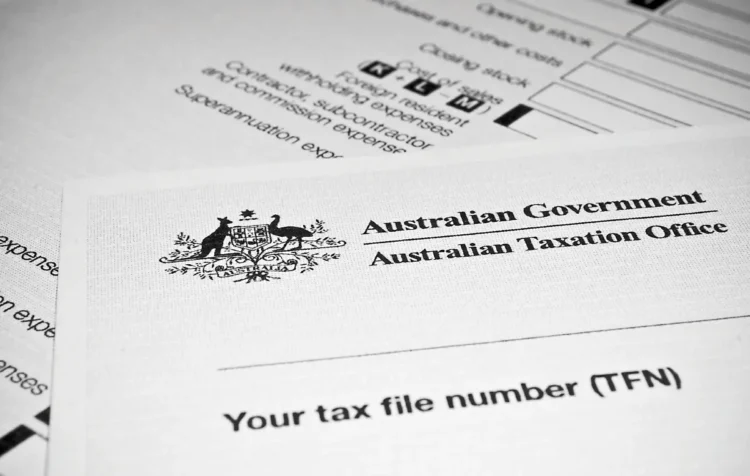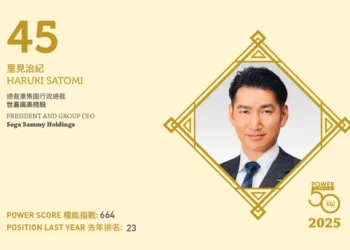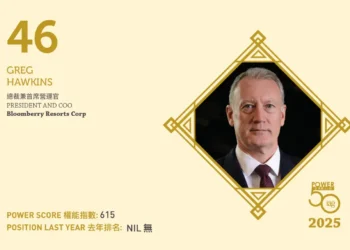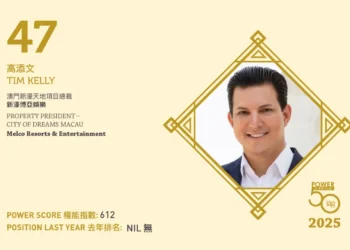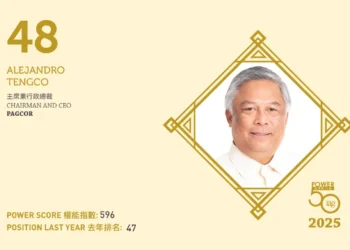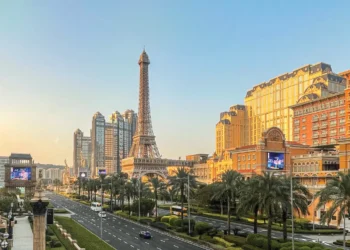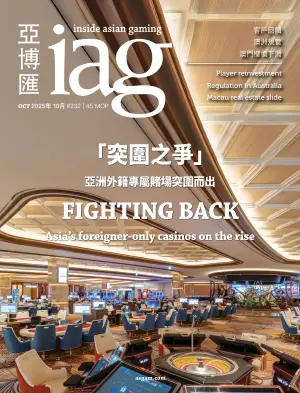Economist Dr Andrew Russell argues that Australia’s current level of GGR taxation is economically unjustifiable and driven by government greed plus puritanical moralism.
The Australian casino sector is in crisis thanks to the fallout over a money laundering scandal. Crown is now owned by Blackstone (an American hedge fund), and Star by Bally’s (an American gaming company). Junket play has been forbidden, and new regulations – many completely unrelated to money laundering by foreign baccarat junkets (such as adjustments to slot machine spin rates) – have been imposed on the sector for what appear to be purely punitive purposes.

Casino takings have consequently plunged, even at the mostly-untouched-by-scandal SkyCity. Star Entertainment has had to sell its interest in Brisbane’s Queen’s Wharf, and although it retains a management contract, most believe that it won’t retain this contract for much longer. As the casino sector is at the mercy of government regulation and marketplace gatekeeping (i.e. they can lose their casino license), the various state governments of Australia are the only entities capable of fixing it.
The current Australian model of casino resorts has been rendered unstable. This model operates by ensuring each major resort or operator has a geographic monopoly over mass-market table games (and, in the case of Crown Perth, slot machines as well) within a large region. This creates monopoly profits. The monopoly profits provide the casino with two things – firstly, the ability to reinvest these profits into creating an opulent “destination resort” capable of attracting international high-rollers, and secondly, the ability to financially accommodate the risk and volatility that results from such high-rollers’ gambling. In short, lower-rolling and local players are squeezed in order to cross-subsidize out-of-jurisdiction VIPs.
But the relatively recent expansion of the industry seen at Crown Perth (the building of Crown Towers), SkyCity Adelaide (the construction of Eos Hotel and complete redevelopment of their VIP gambling facilities), Star Gold Coast (the construction of an all-suite hotel with ocean-view gambling salons and more redevelopment of VIP facilities), Crown Sydney (which contains Australia’s most expensive hotel suite, starting at AU$38,888 per night) and Star Brisbane was predicated on a continuing influx of VIP gambling tourists, particularly from China. The banning of junket play, alongside the deterioration in relations between China and Australia, meant that the industry (with encouragement and approval from the government) has made very large bets on a market that has evaporated. And it is highly questionable that local guests will be willing or eager to replace those gamblers, especially when it is their prices that have been hiked and their gambling experience which has been subjected to cost-cutting.
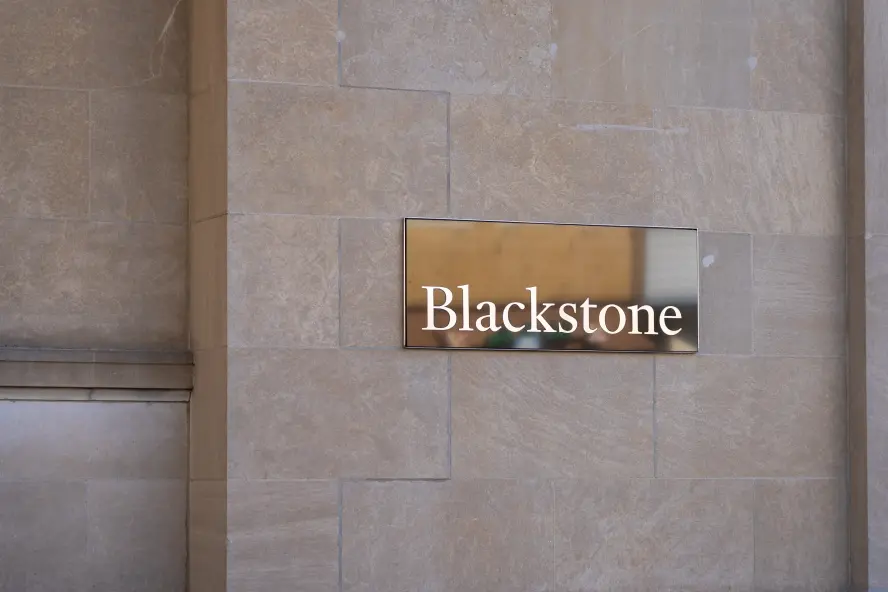
State governments have promised extended monopolies to Australian casinos, so this cannot be changed quickly. In addition, the preponderance of Labour Party governments in Australia (both at the state and federal level) means the chance of reducing labor costs is effectively nil. But there is a relatively simple and immediate way to provide relief to Australia’s casino sector and ensure its ongoing viability – state governments can and should cut gross gaming revenue (GGR) taxation of casinos.
The first argument which would be raised against doing such is “problem gambling”. However, GGR taxation (particularly in Australia) is set at far higher rates than those which are necessary to ameliorate problem gambling (such a policy response – the use of a tax to reduce social harm – is known as a “Pigouvian” response in the economics literature), and GGR taxation has also been recognized as an ineffective way to deter problem gamblers – indeed, GGR taxation would deter non-problematic gamblers first, as it is these gamblers who are more sensitive to increases in the price of gambling.
 Two of the most directly relevant works of scholarship on this subject were published by Khalil Philander back in 2013 and 2014, in the UNLV Gaming Research & Review Journal). The conclusion is clear – whilst governments may publicly claim that GGR taxation serves a Pigouvian purpose, GGR tax rates, to quote Philander’s 2014 article, “reflect a joint objective to raise public funds and to punish an activity characterized as sinful.”
Two of the most directly relevant works of scholarship on this subject were published by Khalil Philander back in 2013 and 2014, in the UNLV Gaming Research & Review Journal). The conclusion is clear – whilst governments may publicly claim that GGR taxation serves a Pigouvian purpose, GGR tax rates, to quote Philander’s 2014 article, “reflect a joint objective to raise public funds and to punish an activity characterized as sinful.”
One may then fairly ask what is wrong with government revenue raising? After all, societies want their public services to be viable. Let us also assume that there’s no practical way for government services to be made more efficient. Let us also leave aside the general argument against such revenue-raising-based approaches (i.e. that individuals are likely going to spend their own money in a more optimal manner than the government typically does). The immediate, practical problem facing Australian state governments is that they cannot continue such an extractive approach to taxing casinos without substantially imperiling the industry’s future viability. Public services do need to be viable, but so do private industries, particularly those which employ so many people and attract so many tourists.

Perhaps the strongest argument against my proposal is that it would constitute “rewarding money laundering”. This argument cannot simply be dismissed as anti-gambling puritanism, rather it is a potent appeal to justice. But the argument fails because the real impact of these punishments is borne not by those who permitted or turned a blind eye to money laundering, but by the casino’s innocent patrons, particularly in the locals market. The fines imposed upon Crown and Star motivated both operators to jack up their prices, increase their minimum bets, reduce their service quality and increase their house margins (indeed, the player’s expected loss for Crown Melbourne’s Blackjack games doubled on the main floor and almost quadrupled in the Mahogany Room in the aftermath of the casino’s fining). And, should Australia’s casinos go under or have to cut more jobs, those punished will expand to include frontline workers, likely including hotel staff who don’t even work in the casino itself.
 Australian state governments may not want to accept this reality, but the proverbial Golden Goose is chronically ill. Nations across Asia are continuing to legalize casino gambling, thus only intensifying competition for those remaining non-junket whales. With junket play in Australia now illegal, the industry’s previous business model is dead. If Australian state governments wish to retain a viable casino industry (and all the employment, tourism and public revenue this industry generates), policy must change to enable the industry to meet this new reality head-on. This requires Australian state governments to relinquish their punitive, moralistic, extractive and inefficient approach to casino taxation.
Australian state governments may not want to accept this reality, but the proverbial Golden Goose is chronically ill. Nations across Asia are continuing to legalize casino gambling, thus only intensifying competition for those remaining non-junket whales. With junket play in Australia now illegal, the industry’s previous business model is dead. If Australian state governments wish to retain a viable casino industry (and all the employment, tourism and public revenue this industry generates), policy must change to enable the industry to meet this new reality head-on. This requires Australian state governments to relinquish their punitive, moralistic, extractive and inefficient approach to casino taxation.






